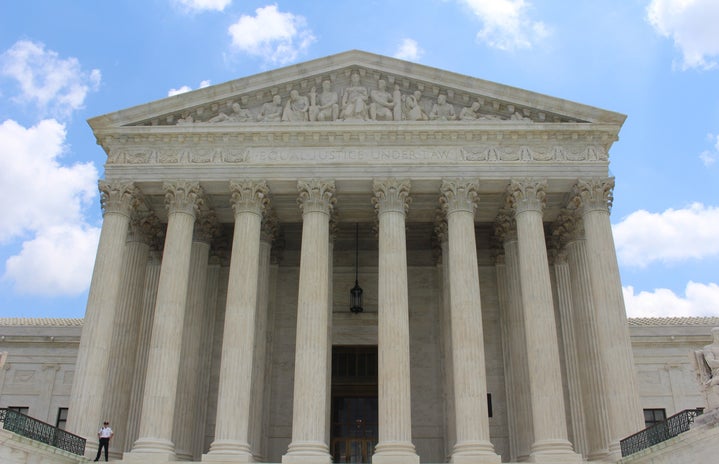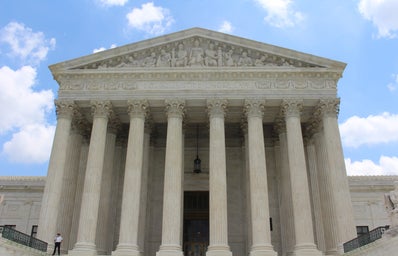On the 28th of November 2023, the UK’s Prime Minister, Rishi Sunak, cancelled a meeting with the Greek Prime Minister, Kyriakos Mitsotakis, just a few hours prior to the agreed time. The catalyst for this was a BBC interview Mitsotakis gave the day before, where he discussed the return of the Parthenon Marbles, currently held in the British Museum, back to Athens.
The Parthenon Marbles, also known as the ‘Elgin Marbles’, were removed by Lord Elgin from the Parthenon temple in the early 19th century. These marbles were carved by the Greek sculptor Phidias in around 447-432 BCE, but have been held by the British Museum since 1816, with Greece accusing Britain of ‘stealing’ the sculptures. In 2009, the Acropolis museum was built in Athens, with space intended to display the marbles in their original layout. However, this space currently houses only plaster copies due to the refusal of the British Museum to return the originals.
The Conservative government’s position is that “the Elgin Marbles are part of the permanent collection of the British Museum and belong here,” and that “it is reckless for any British politician to suggest that this is subject to negotiation.” This position is partly based on the 1963 British Museum Act, which prohibits the removal of objects from the institution’s permanent collection. However, this was a law introduced by the Conservative government without the input or consent of the countries which many British Museum’s artefacts are originally from.
In response to the row, other leaders have been more supportive of artefacts being repatriated. Sunak’s opposition, Keir Starmer of the Labour Party, met with Mitsotakis instead, and stated that he would not be opposed to the return of the marbles if it was agreed to by the British Museum. Later, he commented “Never mind the British Museum, it’s the Prime Minister who has obviously lost his marbles.”
The British Museum’s Chair of Trustees, George Osborne, stated that “we can reach an agreement with Greece”, but in return asks for “other treasures from Greece, some that have never left those shores, to be seen here at the British Museum”. The Museum Act does not allow the outright return of artefacts, so an extended loan of the sculpture’s would have to be granted to Greece in order to strike a deal without breaking the law.
Kyriakos Mitsotakis has said that the cancellation of the meeting would not affect British-Greek international relations, but that “anyone who believes in the rightness and justice of his positions is never afraid of confronting arguments,”. This suggests that Sunak either feared confrontation, or lacked confidence in his ability to strongly defend his opposition to repatriating the marbles. Nevertheless, Mitsotakis has admitted that there has been some benefits to the situation, as the discussion has gained exposure, that allowed “the fair request of Greece for the reunification of the Parthenon Sculptures” to gain “even more publicity, not only in the UK, but also to the global public opinion.”
Founded in 1753, the British Museum is the most popular tourist attraction in the UK, with four million visitors in 2022 alone. Aside from the sheer quantity of visitors, another advantage of the British Museum is free entry, which is not the case in the Acropolis museum. This is a key argument for the marbles’ continued residence in this country, but it is a weak one. Wherever the statues reside, there will be limits for some people to see them; as it is now, the citizens of Greece have barriers in place to see their own culture, with the Acropolis museum entrance fee of €10 being just a fraction of the cost it would be to visit the UK.
The Parthenon Marbles are just one of many collections in the British Museum which have been taken from other countries. The museum holds at least 8 million artefacts, many of which are from countries other than the UK, and which the museum itself admits were acquired in ‘contested’ ways. The controversial nature of much of the collection reflects Britain’s dark colonial history, and it’s involvement in looting across the globe. While many political representatives in the UK have been apologetic about the actions of the British Empire, their refusal to support the return of stolen property suggests a lack of sincerity in these statements.
Some British museums are taking matters into their own hands and beginning to repatriate foreign materials to their countries of origin. Two years ago, Glasgow Life gave 51 artefacts back to India, Nigeria, and indigenous people in South Dakota. More recently, the Manchester Museum has also returned 174 objects to the Anindilyakwa people in Australia, while London’s Horniman Museum returned the Benin Bronzes to Nigeria. Nigeria has asked the British Museum to do the same, but this request has not yet been agreed to.
These repatriations demonstrate more sincere regret of the actions of the British Empire, and an attempt to acknowledge our countries’ unacceptable past actions. These returns can also help positively develop international relations, and show good faith towards other countries which we may someday need in return.
The row regarding the Parthenon Sculptures is only one of many conversations surrounding repatriation currently happening. Sunak’s cancellation of a meeting due to this shows a clear disregard for the Greek Prime Minister, and much of the commentary afterwards suggests that both the public and our government do not understand the importance of honouring this request.


